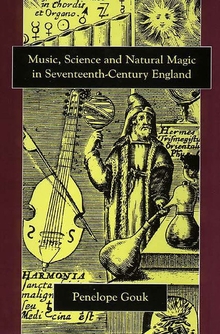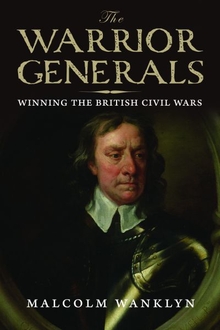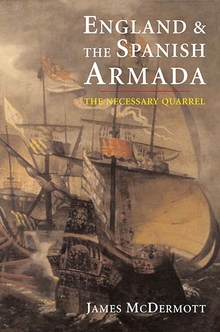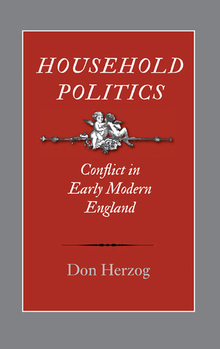Music, Science, and Natural Magic in Seventeenth-Century England
WARNING
You are viewing an older version of the Yalebooks website. Please visit out new website with more updated information and a better user experience: https://www.yalebooks.com
Penelope Gouk
Gouk explores these relationships in several ways. She adopts the methods of social geography to discuss the disciplinary, social, and intellectual overlapping of music, science, and natural magic. She gives a historical account of the emergence of acoustics in English science, the harmonically based physics of Robert Hooke, and the position of harmonics within Newton’s transformation of natural philosophy. And she provides a gallery of images in which contemporary representations of instruments, practices, and concepts demonstrate the way in which musical models informed and transformed those of natural philosophy. Gouk shows that as the “occult” features of music became subject to the new science of experimentation, and as their causes became evident, so natural magic was pushed outside the realms of scientific discourse.
“Thinkers as diverse as Robert Fludd, John Dee, Johannes Heinrich Alsted, Francis Bacon, Marin Mersenne, Christopher Wren, Robert Hooke, and Newton populate Gouk’s beautifully written account of the effort to establish a science of acoustics and still maintain the harmony of nature. . . . I applaud the appearance of a book that has all the earmarks of becoming a classic.”—Margaret C. Jacob, American Historical Review
“The book is essential reading for scholars of 17th-century music who wish to acquire a broad-based overview of the intellectual climate of the times. . . . It is well written and explanations are clear. . . . Gouk is to be commended for shouldering a difficult task and executing it with skill and insight.”—Early Music
“Gouk’s book provides a lucid summary of highly arcane matters. . . . A rich fascinating exploration of a truly interdisciplinary topic.”—Michael Hunter, History Today
"Gouk’s volume is both intellectually and aesthetically pleasing. At every point, intellectual developments are firmly grounded in the social context. The whole is admirably documented from the most relevant and up-to-date secondary material and from original sources. . . . The copious illustrations, maps, and diagrams provide an interplay of images and words that make a complex subject easy to assimilate and a pleasure to read."—Charles Burnett, Journal of the American Musicology Society
“Gouk is more comprehensive than her predecessors as she teases out connections between natural magic, science, and music, demonstrating how discourses about music and new instrumental music practices brought magical concerns to the emerging ‘new science’ in the late seventeenth century. . . . Convincing. . . . . Gouk’s study constructs a nuanced analytical model for understanding the past.”—Amanda Eubanks Winkler, MLA Notes
“At last, Penelope Gouk, in her long considered study Music, Science and Natural Magic, reveals the correspondences and complex interrelations between all three domains.”—Andrew Thomson, Musical Times
“Gouk succeeds in establishing musical practice as a significant thread in the transformation of natural magic into seventeenth-century English experimental philosophy. Her book is carefully written and richly illustrated. . . . This work will be welcomed as a valuable reference in its own right and for the stimulation it will provide for subsequent research.”—Robert G. Arns, Technology and Culture
“For Gouk, music is a key to understanding how natural magic and experimental philosophy interacted in the early modern period.”—Ian Bostridge, Times Literary Supplement
"[A] fascinating study. . . . There is a wealth of interesting and complex narrative in Gouk's study, and it is written in a style that is reasonably accessible to readers coming from the three different worlds treated in her book."—Susan Treacy, Eighteenth Century Current Bibliography
Publication Date: August 11, 1999
68 b/w illus.








